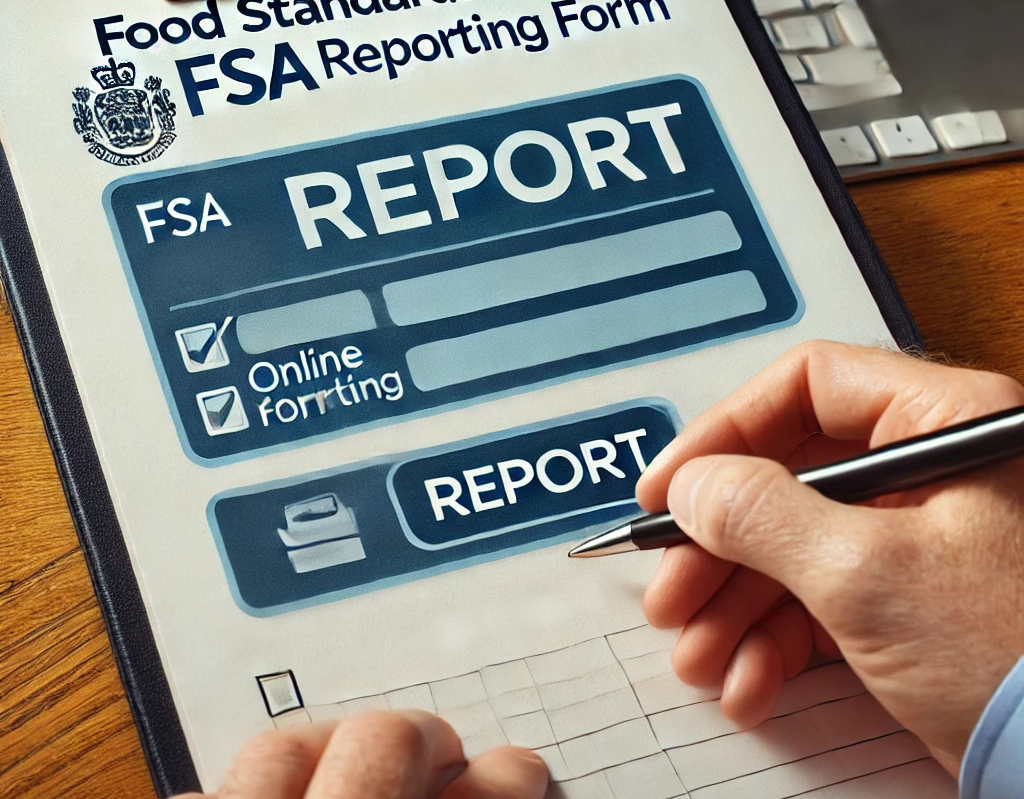
The novel foods industry has grown rapidly, offering innovative products with promises of health and wellness. However, this promising market is overshadowed by a rising issue—novel foods being sold without undergoing the necessary regulatory approval. This practice not only poses risks to consumer safety but also undermines the efforts of legitimate operators who follow the legal process, as some businesses act with apparent impunity, exploiting gaps in enforcement.

Why Novel Foods Approval Matters
Novel foods, as defined by UK and EU law, refer to products that were not widely consumed before May 1997. These include ingredients such as CBD, plant-based proteins, and other innovative food components. The Food Standards Agency (FSA) requires that all novel foods undergo a rigorous approval process before they are made available to the public. This process ensures that the products are safe, digestible, and free from harmful substances.
While this process is time-consuming and expensive, it is designed to protect consumers and ensure public trust in the food system. However, some businesses deliberately bypass this essential step, releasing unapproved products with unverified health claims. Such practices expose consumers to potential dangers and create an unfair competitive environment, allowing non-compliant operators to gain an advantage.

The Impact of Declining Regulatory Enforcement
The growing problem of unapproved novel foods is made worse by a decline in the enforcement capabilities of regulatory agencies. In 2023, the Chair of the FSA raised concerns about the long-term decline in the number of environmental health officers, trading standards officers, and official veterinarians. This reduction in oversight is weakening the regulatory system, allowing non-compliant businesses to operate largely unchecked.
As a result, there is a very real risk that standards within food businesses will deteriorate, putting consumers at greater risk of illness and creating distrust in the food industry. This erosion of standards could have significant implications for the UK’s overall food security and the agri-food sector, which contributes £148 billion to the national economy. If businesses are allowed to continue flouting the rules, the long-term damage to both public health and the economy could be substantial.
Businesses Acting With Apparent Impunity
Some businesses appear to operate with blatant disregard for the regulatory framework, choosing to skip the approval process in favour of faster profits. These operators take advantage of the weakened enforcement environment, selling unapproved products with impunity. This not only undermines public safety but also places responsible businesses, who invest in meeting regulatory standards, at a disadvantage.
By ignoring the approval process, these companies engage in what can only be described as food crime. Unapproved products may contain harmful substances, allergens, or misleading labels, putting consumers at risk. The lack of sufficient regulatory oversight has emboldened some operators, creating an environment where they can act without fear of reprisal—at least for now.
Protecting the Future of the Novel Foods Industry
For the novel foods sector to continue thriving, regulatory oversight must be reinforced. It is crucial that the FSA and other enforcement agencies receive the resources they need to effectively monitor and enforce compliance within the industry. Without adequate enforcement, unscrupulous businesses will continue to exploit the system, damaging public trust and putting lives at risk.
Responsible businesses must continue to advocate for stronger enforcement, as a failure to act could have devastating consequences for the entire industry. Allowing non-compliant operators to flourish creates an uneven playing field and threatens the future of the sector.
Reporting Food Crime
Finally, there is always the option for consumers, industry stakeholders, and businesses to report offenders. The FSA or what remains of Trading Standards can be contacted to investigate instances of food crime. Although the enforcement landscape is stretched, holding companies accountable is essential to protecting public health and maintaining the integrity of the food system.
In conclusion, the sale of unapproved novel foods with apparent impunity is a serious threat to public health and the credibility of the food sector. To safeguard the future, stronger enforcement measures are essential. Businesses and consumers alike must play their part in reporting offenders to the FSA and Trading Standards to ensure compliance and restore trust in the industry.
Published - 09/10/2024







